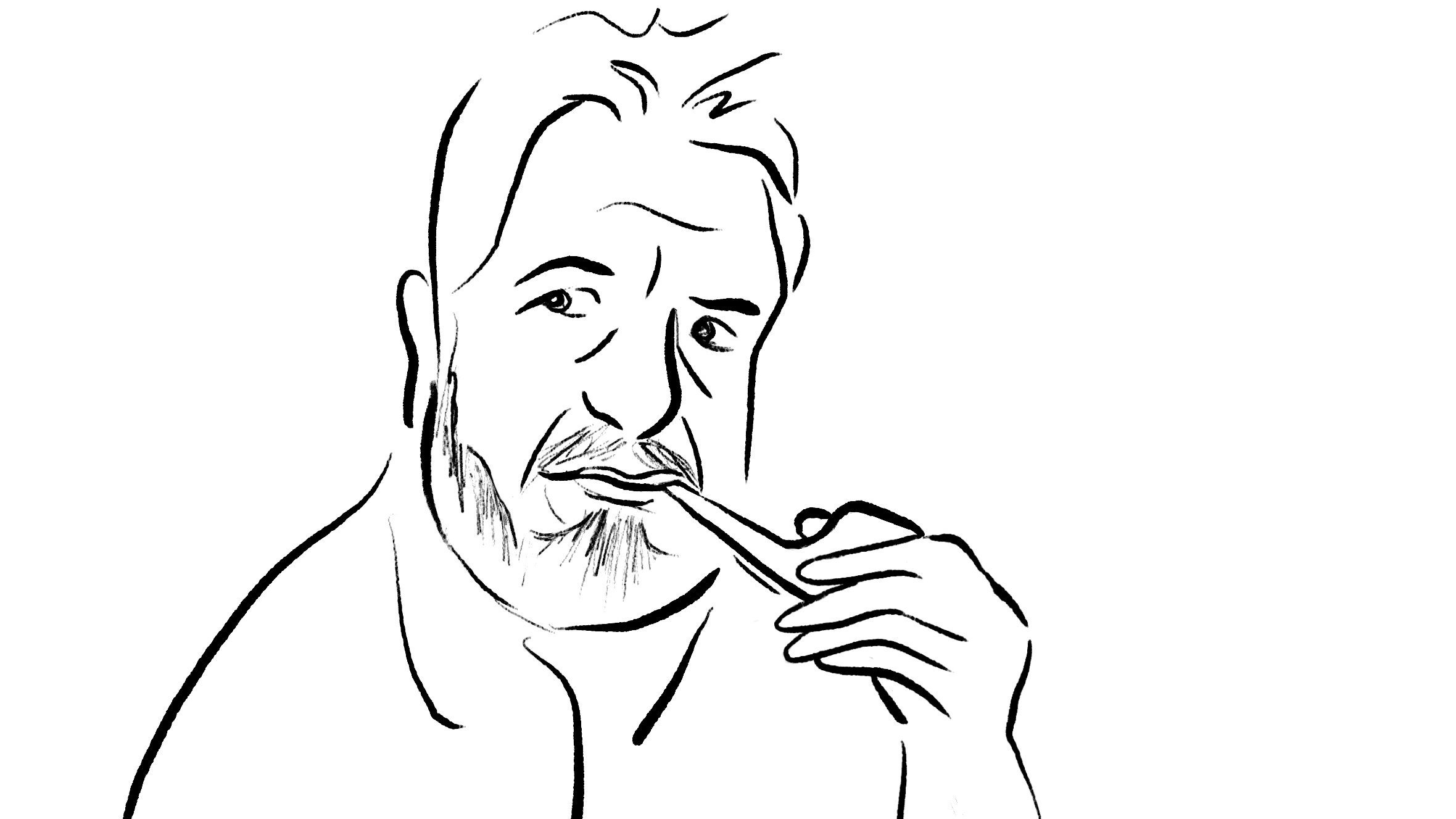However, the source for practically all of them is Ukraine itself or Russia: Aman stands in Moscow’s Red Square with a sign which reads, “Down with the bloody madman.” Two FSB agents are ready to arrest him when the man protests, “I’m referring to Zelensky of course.” The FSB men counter, “Yeah, yeah, we all know who all of you are talking about.”
How many Russian soldiers does it take to take Kyiv? Don’t know? Neither does Putin.
The ghost of Stalin appears to Putin at night and Putin asks, “Why isn’t the war going as it should?” Stalin advises, “Send five million troops to their death in Ukraine and paint the Kremlin blue.” Putin asks, “Why blue?”
Dark, political humour has been an integral part of the Russian national mindset for generations. It had its roots during the repressive Soviet era, matured and presents itself now with suppressed anger and stoic resignation aimed at the one to blame – Putin.
The Kremlin itself has proudly labelled its army as the second best in the world. Putin’s biggest accomplishment? Putin has made it the second best in Ukraine.
Become a subscriber to continue reading!
Every week we bring you news from the community and exclusive columns. We're relying on your support to keep going and invite you to subscribe.
Starting from $2.30 per week.




